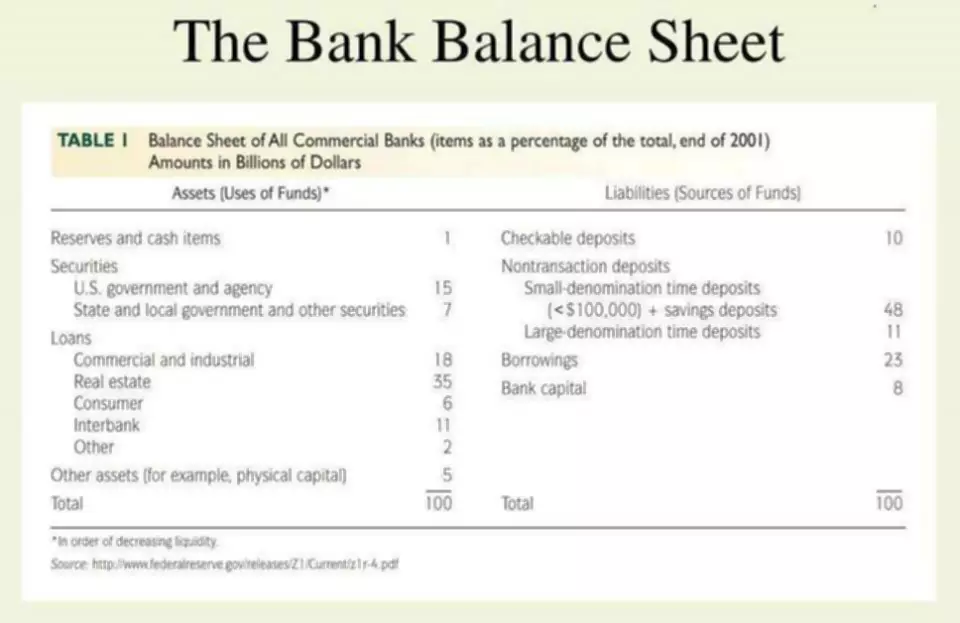Content
- Bookkeeping vs. accounting: 3 key differences
- Bookkeeper vs. accountant: how to decide what financial specialist is best for your business?
- Join over 140,000 fellow entrepreneurs who receive expert advice for their small business finances
- Understanding the accounting cycle
- Legit Ways to Make Extra Cash

In either case, consider handling the accounting yourself or delegating this responsibility to one or a few of your current employees. According to professional services agent Ageras, there are several advantages to hiring a bookkeeper to file and document your business’s financial records. This article is for business owners deciding whether they need to hire an accountant or bookkeeper. As an accountant, you must pay attention to figures and financial details, but it is more essential to possess sharp logic skills and big-picture problem-solving abilities. While bookkeepers make sure the small pieces fit correctly into place, accountants use those small pieces to draw much more significant and broader conclusions about a company’s finances. If you are interested in becoming an accountant, it may be beneficial to your career to become a certified public accountant , which has its own exam. You must have a minimum of 150 postsecondary education hours, or what amounts to a bachelor’s degree in accounting, and an additional 30 hours of graduate work.
- By thoroughly analyzing financial records, the accountant can determine if funds are being misused or misallocated.
- Use the chart of accounts to post every journal entry or financial transaction.
- If you feel like you’re drowning in paperwork and spending too much time on behind-the-scenes tasks, an accountant or bookkeeper can help.
- The qualifications required to handle comprehensive accounting processes make an accountant a sort of supervisor for bookkeepers.
- The service provider tracks your income sources, profits and losses, and accounts receivable and payable.
Accountants will also have a good grasp of tax deductions that your business can take advantage of. The NACPB offers credentials to bookkeepers who pass tests for small business accounting, small business financial management, bookkeeping and payroll. It also offers a payroll certification, which requires additional education. Staying on top of your finances is a key part of being a successful small business owner.
Bookkeeping vs. accounting: 3 key differences
You can handle much of your accounting program on your own with some time and resources. accounting vs bookkeeping But when you look at your books and feel lost, it might be time to call an expert.

This may vary, but generally the Accounts Payable department is responsible for processing invoices. As the name implies, this is a system in which a company’s debit and credit are double-entered. A bookkeeper is a key player in the smooth running of any organization.
Bookkeeper vs. accountant: how to decide what financial specialist is best for your business?
Bookkeeping vs accounting is a very interesting subject as many people think bookkeeping is becoming obsolete. What differentiates bookkeeping from accounting is the way they analyze and interpret financial data. Booking and accounting may seem to be the same because they both deal with the financial aspect of a business. And to become either a bookkeeper or an accountant, you must have basic knowledge of accounting and math skills. Accounting and bookkeeping for small business is a challenging task because owners wear many hearts to keep the company afloat. You need a formal degree and relevant work experience to become an accountant. You will keep a lot of books depending on the size of the company you work with.

While several certifications exist for accountants, the CPA title is one of the most common. Bookkeeping records can also provide you with a better understanding of your business finances. This data, in turn, can help you decide whether to adjust your business budget or reevaluate how you allocate cash flow. When interviewing for a CPA, look for an accountant who understands tax law and accounting software and has good communication skills. They should understand your industry and the unique needs and requirements of small businesses. Accountants work with numbers and financial details all day long.
Join over 140,000 fellow entrepreneurs who receive expert advice for their small business finances
Improved Accuracy – If your job, your only job, is bookkeeping or accounting, it stands to reason that you would be pretty good at it. Factor in a culture that strives for perfection, no, demands perfection.
Your accountant, on the other hand, will be an invaluable resource when it comes to understanding the larger financial picture of your business. Either quarterly or yearly, your accountant will assess your company’s financial statements to help you view a larger picture of your business’s cash flow, as well as any profits or losses. Thus this system of recording transactions is called bookkeeping. Bookkeeping can further be divided into a double-entry and single-entry system.
What is the difference between an accountant and a bookkeeper?
As a small business owner, you can record your books with a do-it-yourself approach. If you decide to use a financial professional, make sure you hire someone with credentials that match your needs. The more complex your financial situation is, the more likely you will need an accountant. Since accountants have a handle on your company’s overarching finances, having one comes in handy if a lender asks you complicated https://www.bookstime.com/ questions about your business’s performance. They may also be able to advise you regarding the interest rates, terms and conditions of any small-business loan offer you receive. General ledgeris a list of every transaction posted to the accounting records during a specific period of time. The general ledger lists every account name and number in the chart of accounts along with every debit and credit entry.
What is Accounting – Bookkeeping – Accrual vs Cash Basishttps://t.co/4IBTAKRT9S#accounting #bookkeeping #accrualbasis #cashbasis
— Pro Level SEO (@prolevelseo) January 6, 2022